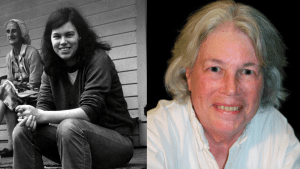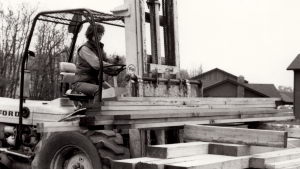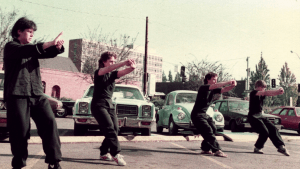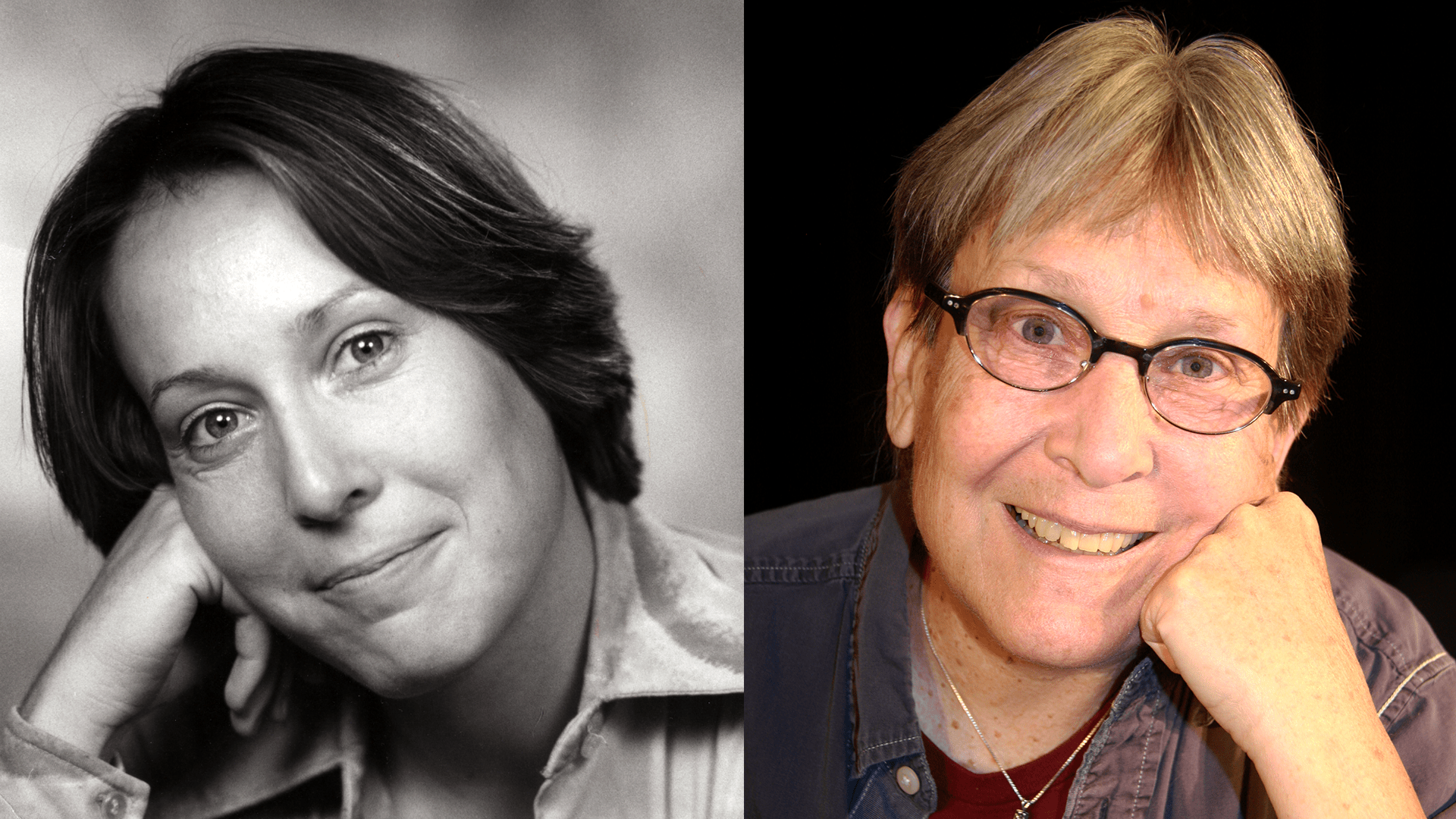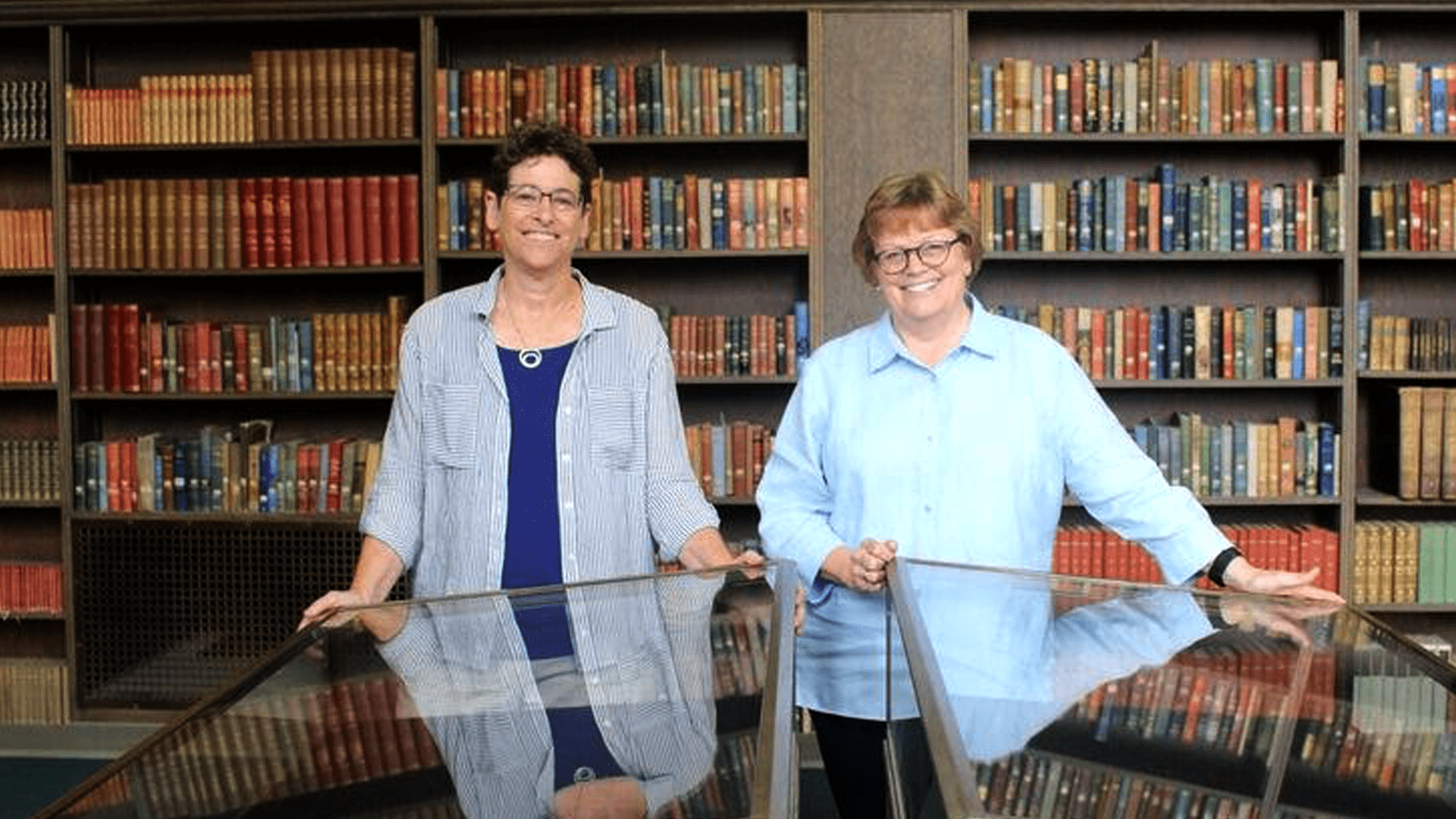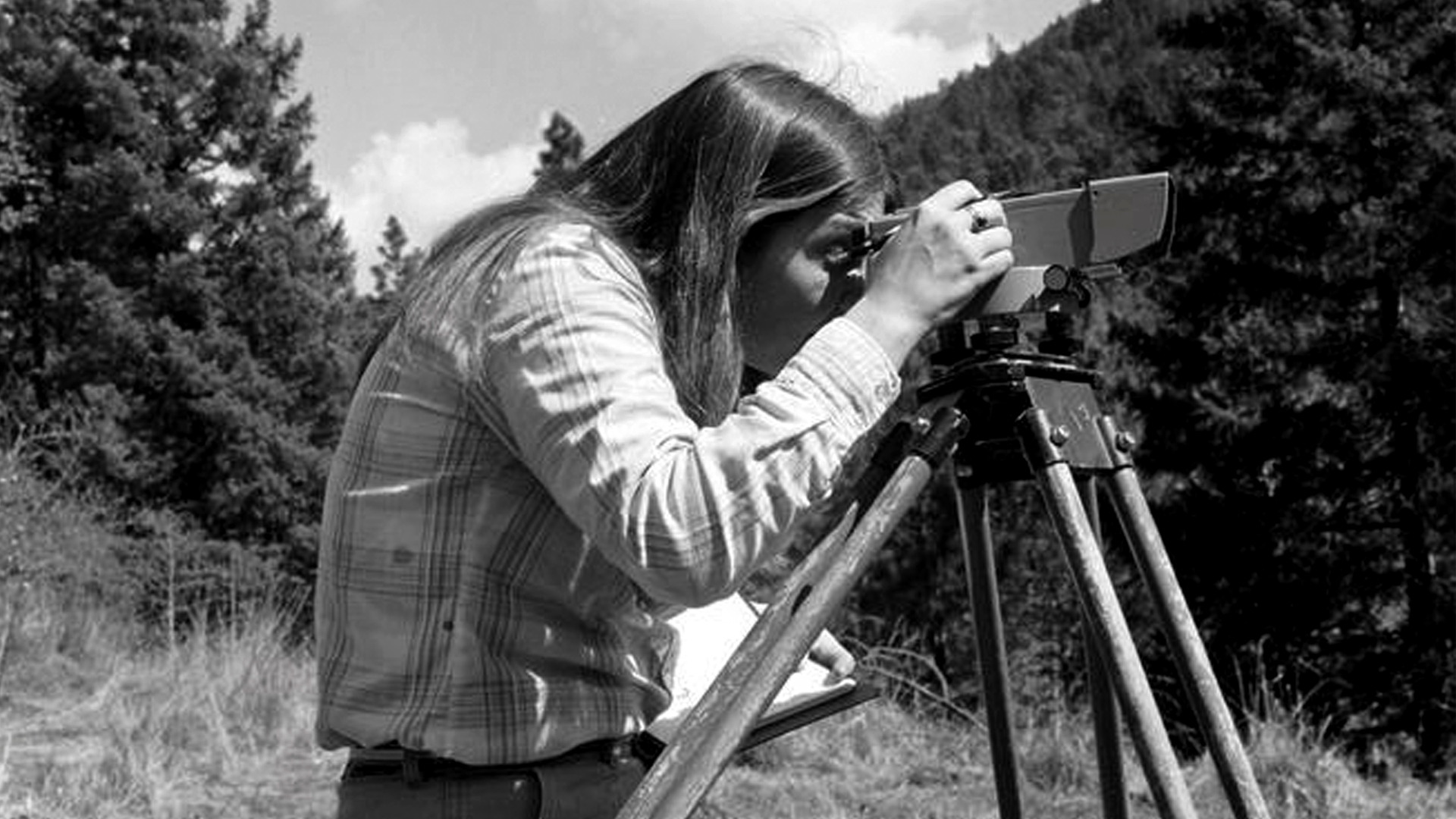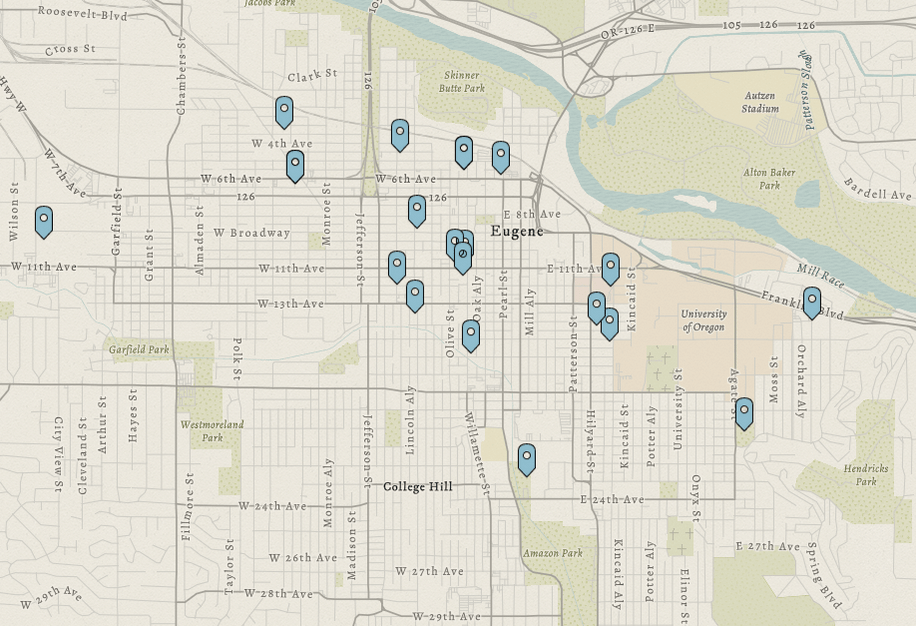Outliers and Outlaws
The Eugene Lesbian History Project is a community-based, digital humanities project that preserves and shares the unique history of the lesbian community in Eugene, Oregon.
The project includes filmed oral histories with 83 narrators, a digital exhibit, a museum exhibit, and a documentary film.
The History
In the 1960s-90s Eugene, Oregon was known as a “lesbian mecca,” drawing hundreds of young women from across the United States. Many came as part of the counterculture westward migration, identified as feminists, and had been involved in anti-war and civil rights protests. Oregon’s reputation as a rural, forested state with cheap housing was a draw for those looking for communal living and collective work. The state’s racist history and anti-Black policies resulting in an almost all-white population likely limited the racial diversity of those who came to Eugene to experiment with new ways of living. The lesbian-identified women who came founded cornerstone organizations central to Eugene’s history and influenced Oregon’s political landscape. These women worked in collective businesses that were typically considered to be in the male domain, ran printing presses, were the leaders of Eugene community service agencies, worked in City and State government positions, and produced and disseminated lesbian magazines, photographs, music, films, theater and art. A number were plaintiffs on key lawsuits challenging discriminatory Oregon statutes.
“People were just inventing themselves. It was like you can be whatever you want. And so it was just this incredibly vibrant, empowering time in this town.”
Narrators Then and Now
Photo credit: Some images Copyright of Meadow Muska, All Rights Reserved (watermarks coming soon)
Photo credit: Some images Copyright of Meadow Muska, All Rights Reserved (watermarks coming soon)
